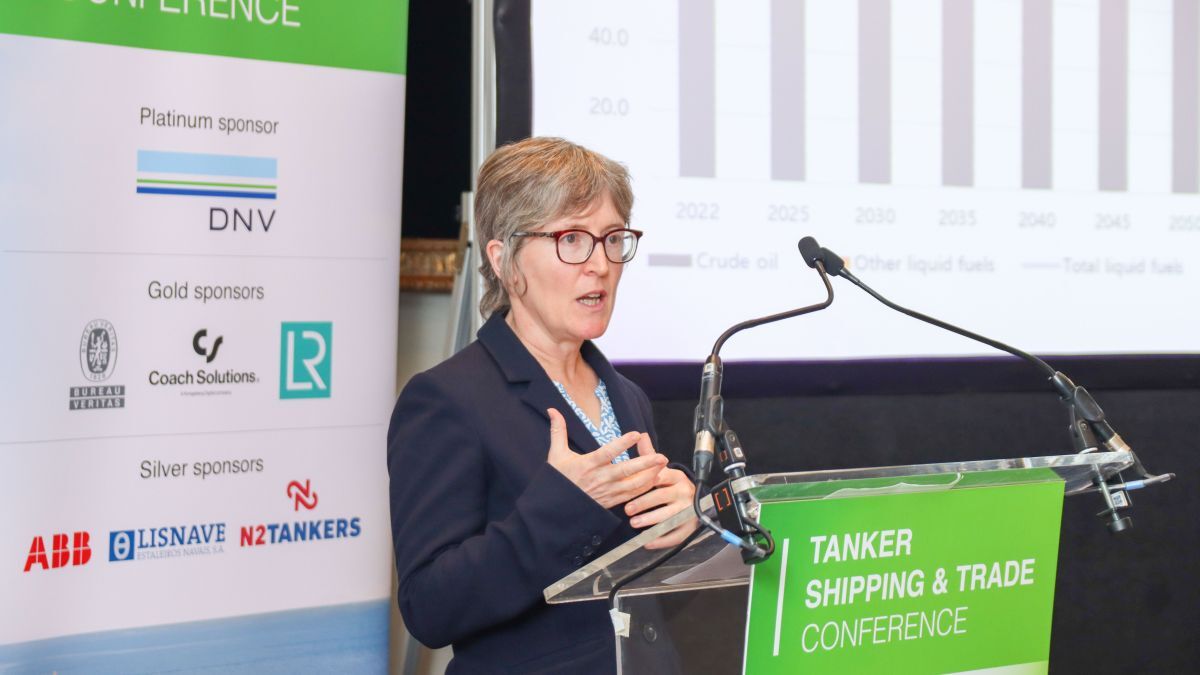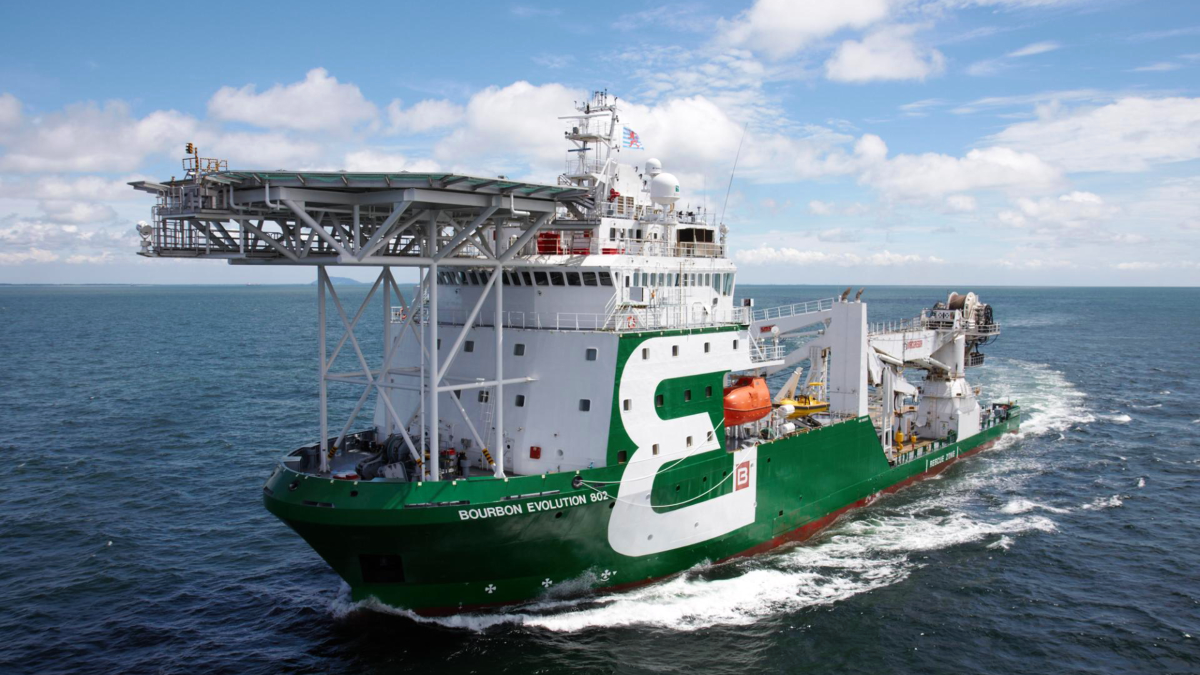Business Sectors
Events
Contents
Register to read more articles.
US announces Black Sea safe navigation agreements with Russia, Ukraine
Shipping analysts anticipate potential shifts in the Black Sea grain and fertiliser trade following the US agreements with Russia and Ukraine to halt attacks on a critical maritime passage
The White House has issued two statements announcing that the US reached agreements with both Russia and Ukraine to “ensure safe navigation, eliminate the use of force, and prevent the use of commercial vessels for military purposes in the Black Sea.” The agreements also include a ban on strikes against energy facilities in both countries.
According to Reuters, if implemented, these agreements would mark the most significant progress toward a broader ceasefire, one that Washington views as a crucial step toward peace talks aimed at ending the war.
The statements follow separate bilateral technical-level discussions between the US and Russian and Ukrainian delegations, held in Saudi Arabia from 23 to 25 March.
Notably, the White House also stated that the US will help “restore Russia’s access to the world market for agricultural and fertiliser exports, lower maritime insurance costs, and enhance access to ports and payment systems for such transactions.”
Impact on grain trade
Commenting on the potential implications for the Black Sea’s crucial grain trade, Howe Robinson Partners head of dry bulk research Bilal Muftuoglu told Riviera that one notable outcome could be increased confidence among shipowners calling at Ukrainian and Russian ports. As of now, some shipowners – mainly Western operators – continue to avoid both countries’ ports.
However, in terms of overall grain exports, Mr Muftuoglu noted that Ukrainian shipments have largely returned to pre-war levels, meaning this development may not significantly boost dry bulk trade volumes. A BIMCO report from late February highlighted that Ukraine’s dry bulk shipments have shown recovery over the past year, largely due to the success of its coastal corridor.
“If Ukraine and Russia reach a sustainable peace agreement, we may see an increase in crop planting, which could support higher Ukrainian corn exports,” Mr Muftuoglu added.
On the Russian grain trade side, he noted that shipments have consistently found markets despite the war. Key buyers in the Middle East and North Africa (MENA), and East Africa have continued accessing Russian grain without major disruptions.
However, he emphasised that Russia’s harvest is a more significant factor for dry bulk trade. “For a more considerable boost to dry bulk trade, we would need to see sanctions lifted on Russian coal,” he stated.
Demand remains a question
BRS Shipbrokers head of dry bulk research Wilson Wirawan told Riviera that while this development is positive from a cargo availability standpoint, the key question is whether it will have a material impact on dry freight, “which still hinges on the demand side of the equation”.
“Last year, global seaborne grain volumes rose marginally by 0.7% year-on-year, while China’s grain imports declined. If China fails to regain its grain purchase momentum in 2025, then any positive cargo-side developments will have a muted effect,” Mr Wirawan explained.
Data from AXSMarine indicates that global grain loadings in 2025 (year-to-date) are approximately 11.5% lower than at the same point last year.
More Russian potash to the US?
Beyond grain, fertiliser trade is another key sector that could be affected by these agreements. Mr Muftuoglu believes that a ceasefire could increase Russian fertiliser exports to the US, particularly potash, especially as the US has imposed duties on Canadian potash imports.
Another possible outcome is that the EU reconsiders its stance on introducing duties on Russian fertiliser imports. On 14 March, the European Council announced that it had adopted its position ahead of negotiations with the European Parliament on new regulations that would impose tariffs on remaining agricultural products from Russia and Belarus, as well as certain nitrogen-based fertilisers. These measures would target 15% of all agricultural imports from Russia (based on 2023 figures).
Riviera’s Bulk Carrier Webinar Week will be held the week commencing 8 April 2025. Click here to register for this free-to-attend event.
Related to this Story
Events
Maritime Environmental Protection Webinar Week
Cyber & Vessel Security Webinar Week
The illusion of safety: what we're getting wrong about crews, tech, and fatigue
Responsible Ship Recycling Forum 2025
© 2024 Riviera Maritime Media Ltd.














